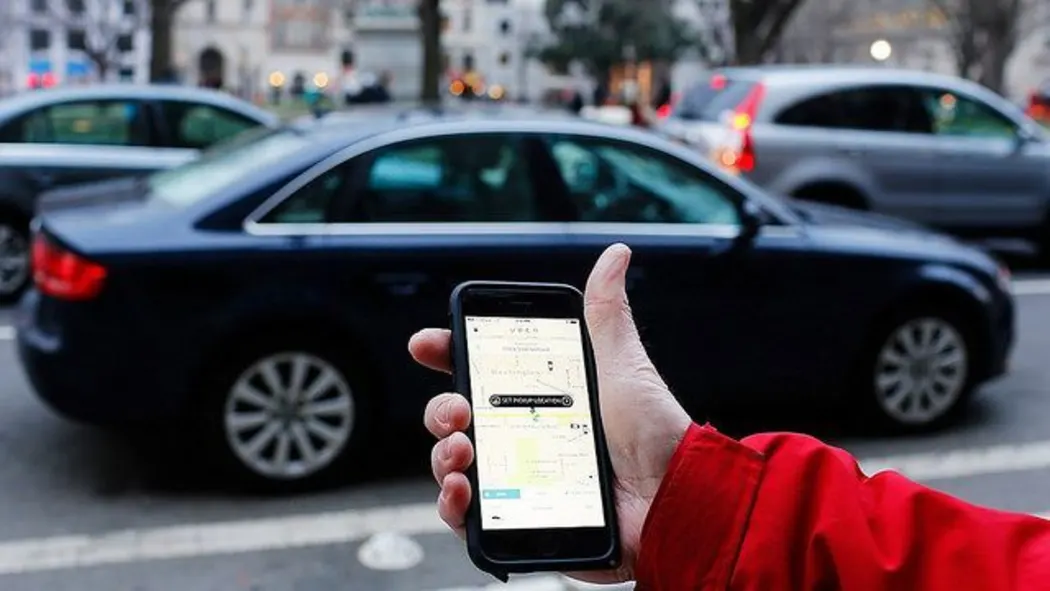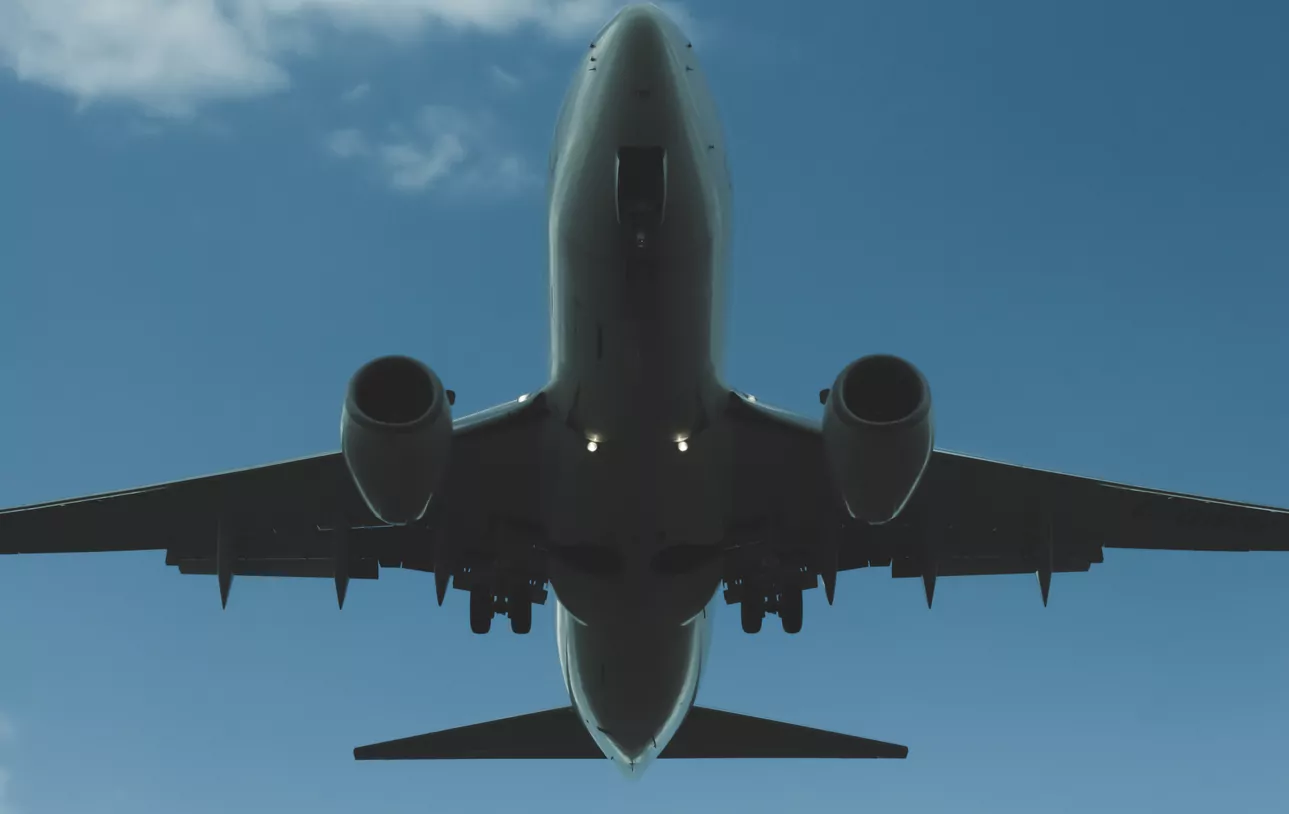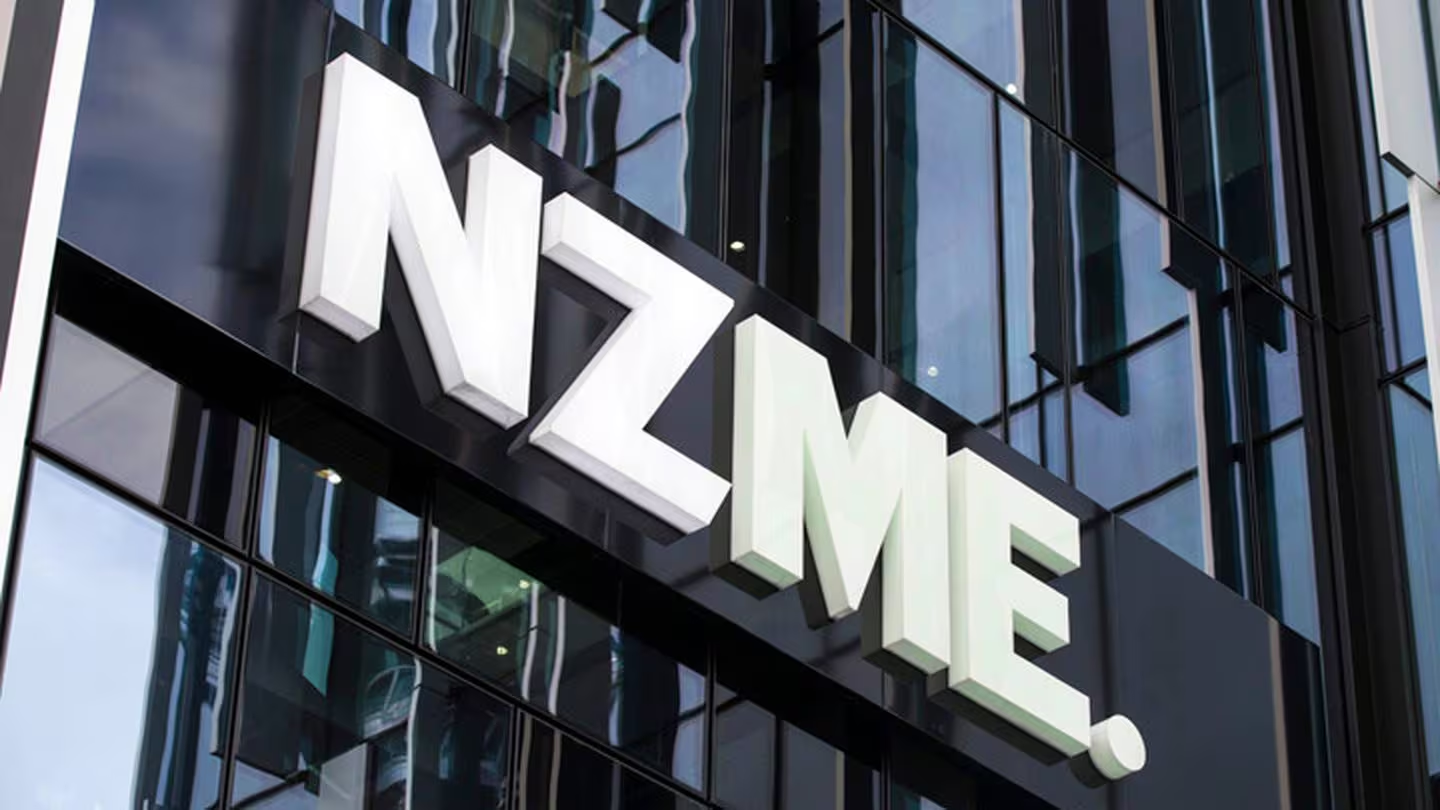New Zealand Uber drivers are celebrating a significant legal victory as the Court of Appeal dismisses Uber’s challenge against a 2022 Employment Court verdict.
In 2022 the Employment Court made a ruling against Uber, when four Uber drivers were granted workplace protection. This gave the drivers benefits such as leave entitlements, minimum wage and holiday pay.
Nurredin Abdurahman, one of the four drivers involved in the original case, expressed his happiness with the ruling, highlighting its broader implications for all workers.
“This is a win for all working people. The day of corporates like Uber exploiting NZ workers is coming to an end. This decision is all about hope and will help them in moving forward with the appropriate rights of permanent employees.”
Another driver, Mea’ole Keil, echoed these sentiments, describing the decision as a long-awaited victory. “I’m ecstatic, over the moon, and very emotional. It’s a relief. It’s been a long journey, a long fight, and we want to thank the unions’ legal teams for keeping the faith in us,” Keil said. “For too long employers like Uber have exploited gaps in legislation to hide the true employment relationship and take advantage of workers unfairly.”
Following the decision, representatives from FIRST Union and E tū called on Workplace Relations and Safety Minister, Brooke van Velden, to abandon her plans to reform New Zealand’s contracting laws. The proposed changes could prevent workers from challenging their misclassification as contractors in the future through the Employment Court.
Dennis Maga, General Secretary of FIRST Union said “This will change the landscape of employment in Aotearoa for the decades ahead of us.
“The majority of Uber drivers still do not earn minimum wage. This appeal and ruling now cements the fact that drivers have been misclassified as contractors and denied basic employment rights by Uber.
E tū National Secretary, Rachel Mackintosh, said the decision affirmed the unions’ long-standing argument that Uber drivers are employees deserving of the same rights and protections as other workers in New Zealand.
“The Uber model of employment is new, but the importance of workers’ rights is not,” Mackintosh said.
“Today’s decision is a real cause for celebration, not just for the affected Uber workers but for the whole New Zealand workforce.”
The New Zealand Court of Appeal’s decision aligns with similar rulings in other countries, such as the United Kingdom and the Netherlands, where courts have determined that Uber drivers are employees, not contractors.









